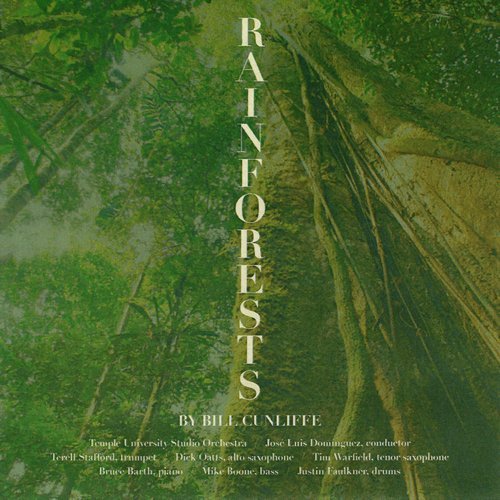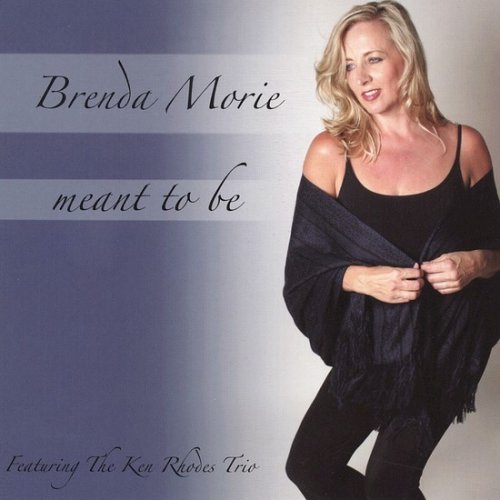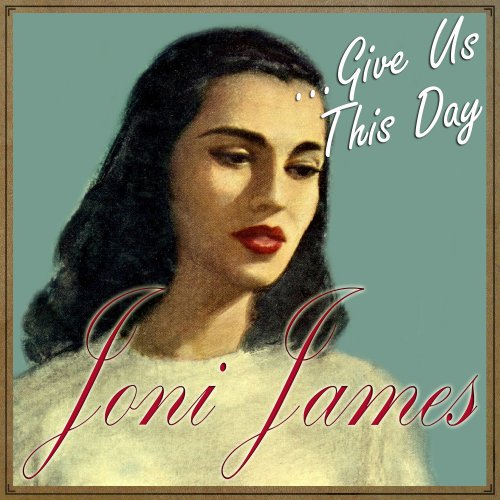Cecilia Bartoli - Opera Proibita (2005)
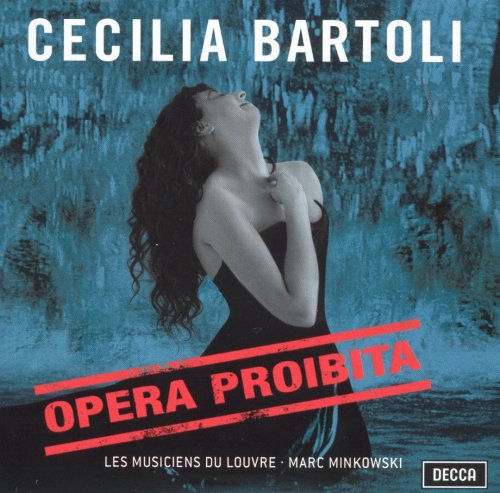
Artist: Cecilia Bartoli - Opera Proibita
Title: Cecilia Bartoli - Opera Proibita
Year Of Release: 2005
Label: Universal Music
Genre: Classical, Vocal
Quality: APE (image+.cue,log,scans)
Total Time: 71:55
Total Size: 336 Mb
WebSite: Album Preview
Tracklist: Title: Cecilia Bartoli - Opera Proibita
Year Of Release: 2005
Label: Universal Music
Genre: Classical, Vocal
Quality: APE (image+.cue,log,scans)
Total Time: 71:55
Total Size: 336 Mb
WebSite: Album Preview
01. All'arme si accesi guerrieri (2:39)
02. Mentre io godo in dolce oblio (4:48)
03. Un pensiero nemico di pace (3:57)
04. La Resurrezione (8:49)
05. All'arme si accesi guerrieri (2:59)
06. Mentre io godo in dolce oblio (5:31)
07. Che dolce simpatia (5:11)
08. Caldo sangue - Ahi! qual cordoglio (2:15)
09. Re di Gerusalemme (4:15)
10. Qui resta (5:58)
11. Vanne pentita a piangere (2:33)
12. Sparga il senso lascivo veleno (7:39)
13. Si piangete pupille dolenti (3:08)
14. Ahi quanto cieca (4:44)
15. Il Martirio di Santa Caterina (7:29)
Cecilia Bartoli maintains a near-perfect mezzo-soprano instrument, which she patently refuses to expose to material that might damage it; never will we hear Bartoli in voice-destroying roles such as Carmen nor in heavyweight mezzo parts such as those encountered in Wagner's Ring cycle. Even though she is a "mainstream" classical artist, the most "modern" composer she has recorded is Pauline Viardot, and even the Decca releases that established her as a star stick to composers such as Mozart, Beethoven, and Rossini. Bartoli eschews powerful vocal production in favor of greater flexibility, an ideal match for Baroque and Classical literature. Although one would not have pegged Bartoli as an "early music specialist" based on her earlier recordings, clearly she has found a place as an expert interpreter of such music. In Opera Proibita, where she is accompanied by the redoubtable Marc Minkowski and Les Musiciens du Louvre, it is hard to imagine anyone doing better in this material, over half of it never before recorded.
Opera Proibita restricts itself to a brief period in the early eighteenth century when opera was temporarily banned, owing to its alleged fostering of lewd and lascivious behavior in Italian society. During this time, composers adapted by writing highly operatic passages for the still legal form of oratorio, or developing formats such as the "Introduzione," a highly florid kind of introduction to the Latin mass that was eventually likewise struck down by the church. Although these recitatives and arias from oratorios are taken from composers ranging from George Frideric Handel and Alessandro Scarlatti to Antonio Caldara and are presented apart from the works from which they belong, there is a certain unanimity of style among them. Opera Proibita is sequenced for emotional impact rather than in a historical context, which makes for good listening even if one isn't able to keep straight who wrote what -- in this case, it almost doesn't make a difference. Bartoli is clearly the star of the show, imbuing Scarlatti's recitative and aria combo Ahi! Qual cordoglio...Doppio affetto with a blend of piety, drama, and pathos. Her sense of pitch, even in rapid fire passages of stuttering sixteenth notes, is unfailingly true; just listen to how the voice interacts with the oboes in Handel's Disserratavi, o porte d'Averno. Bartoli almost seems more in tune than the oboes do.
Opera Proibita contains a fair amount of the fireworks expected by fans familiar with her Vivaldi disc with Il Giardino Armonico; however, far more time is spent in reflective, pious, and calm music that is very easy on the ears. As always, Bartoli sounds fabulous here, and Opera Proibita will prove immensely satisfying to any listener who has an appreciation for the capabilities of the human voice as an instrument.
Opera Proibita restricts itself to a brief period in the early eighteenth century when opera was temporarily banned, owing to its alleged fostering of lewd and lascivious behavior in Italian society. During this time, composers adapted by writing highly operatic passages for the still legal form of oratorio, or developing formats such as the "Introduzione," a highly florid kind of introduction to the Latin mass that was eventually likewise struck down by the church. Although these recitatives and arias from oratorios are taken from composers ranging from George Frideric Handel and Alessandro Scarlatti to Antonio Caldara and are presented apart from the works from which they belong, there is a certain unanimity of style among them. Opera Proibita is sequenced for emotional impact rather than in a historical context, which makes for good listening even if one isn't able to keep straight who wrote what -- in this case, it almost doesn't make a difference. Bartoli is clearly the star of the show, imbuing Scarlatti's recitative and aria combo Ahi! Qual cordoglio...Doppio affetto with a blend of piety, drama, and pathos. Her sense of pitch, even in rapid fire passages of stuttering sixteenth notes, is unfailingly true; just listen to how the voice interacts with the oboes in Handel's Disserratavi, o porte d'Averno. Bartoli almost seems more in tune than the oboes do.
Opera Proibita contains a fair amount of the fireworks expected by fans familiar with her Vivaldi disc with Il Giardino Armonico; however, far more time is spent in reflective, pious, and calm music that is very easy on the ears. As always, Bartoli sounds fabulous here, and Opera Proibita will prove immensely satisfying to any listener who has an appreciation for the capabilities of the human voice as an instrument.
![K.D. Lang - Ingénue (25th Anniversary Edition) (1992/2017) [Hi-Res] K.D. Lang - Ingénue (25th Anniversary Edition) (1992/2017) [Hi-Res]](https://www.dibpic.com/uploads/posts/2026-02/1771149710_cover.png)
![Kento Tsubosaka - Lines (2026) [Hi-Res] Kento Tsubosaka - Lines (2026) [Hi-Res]](https://www.dibpic.com/uploads/posts/2026-02/1771391986_zw4gprxc9nex6_600.jpg)
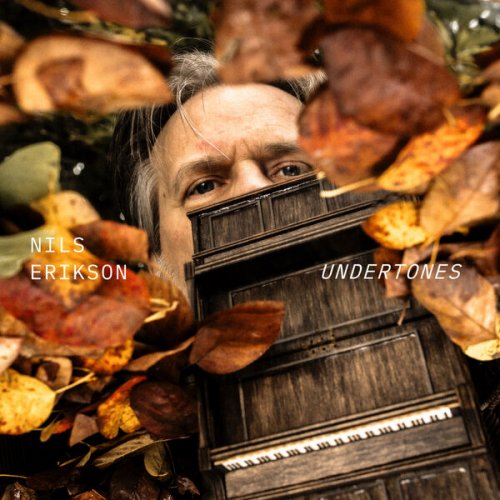
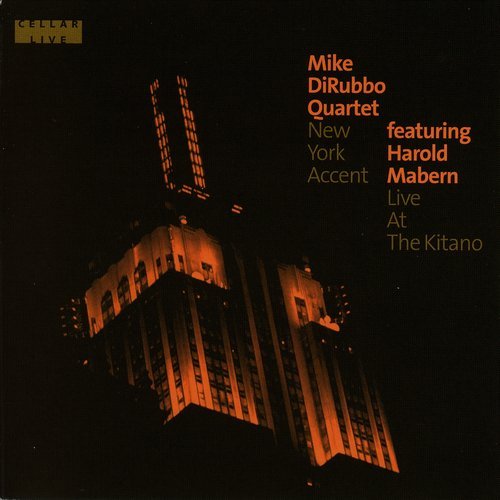
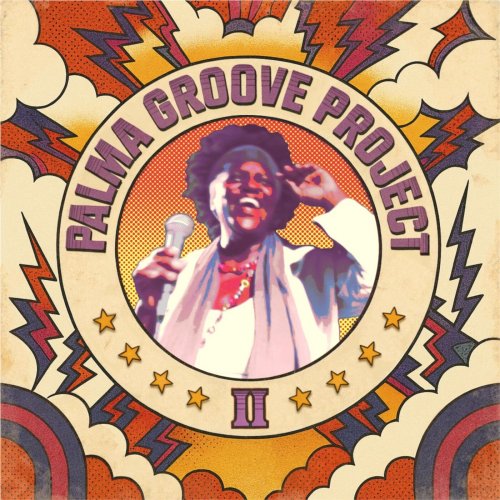
![Johannes Enders - Standard Questions (2026) [Hi-Res] Johannes Enders - Standard Questions (2026) [Hi-Res]](https://www.dibpic.com/uploads/posts/2026-02/1771328675_folder.jpg)
